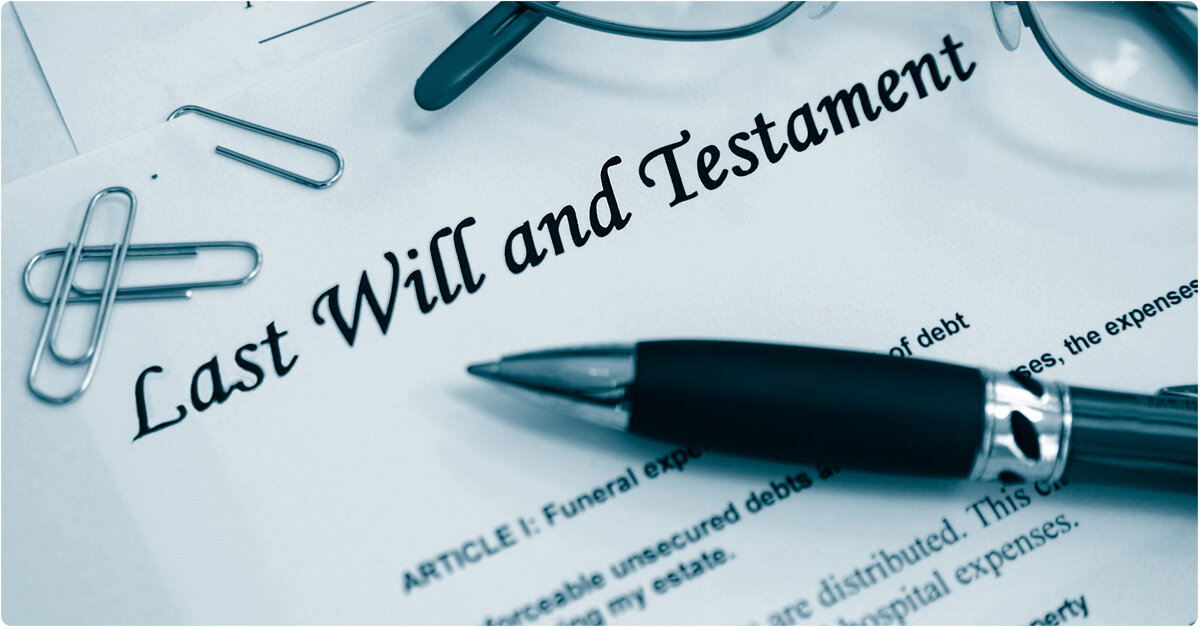It can be scary when financial markets are volatile and selloffs happen. Understandably, many are concerned about how COVID-19 will impact the economy, our health, and our financial security. These fears and the volatile markets that follow can temp retirement savers to make drastic changes to their investment portfolios; some may even cease investing entirely. For example, if you watch your 401(k) continue to lose value, you may want to stop contributing. However, I’ll explain why you should stick with your current long-term savings and investment plan.
Why Its Beneficial to Keep Contributing
Contributing to a retirement plan like a 401(k) or 403(b) is still one of the best ways for most Americans to save and build wealth for retirement, particularly in times of economic uncertainty.
Tax Benefits
Contributions to most 401(k) plans are made pre-tax, meaning these amounts are excluded from your taxable income in the year they are made. This reduces your current income taxes. It also allows those savings to grow tax-deferred year-after-year until they are withdrawn.
Employer plans that offer a Roth designated account (i.e. a Roth 401(k) or Roth 403(b)) can present a great opportunity for investing. Roth contributions are made after-tax, so those amounts do not reduce your taxable income like the 401(k) does. However, those savings grow tax-deferred. The withdrawals and earnings are tax-exempt, provided you are at least age 59 ½ and have held the account for at least 5 years. This tax-free growth can be a powerful tool, especially for individuals that may be in a higher income tax bracket in the future.
Opportunity To Buy Low
For investors that are still contributing to their plans, a downturn in markets actually presents an opportunity to invest new savings into funds at lower prices. This allows the same amount of contributions to buy more shares. As markets and economic conditions rebound, you will have accumulated more shares of investments that could grow in value.
Matching Contributions
Need another incentive to keep those contributions going? Don’t forget about opportunities to receive employer matching with retirement plans. If your employer offers a 401(k) match, you would receive additional savings on top of your own contributions. Let’s say your employer matches 50% on contributions you make up to 6% of your salary. By putting 6% of your income into your 401(k), your employer would contribute an extra 3%. That’s like earning a 50% return on your invested contributions immediately. Those extra contributions can then buy additional shares which can also compound over time.
Should I Ever Consider Stopping Contributions?
Even in a booming economy and during the strongest bull market, it’s important to have a strong financial foundation in place before deciding to invest over the long-term. Having key elements of your day-day-finances as stable as possible is necessary as we navigate the incredible challenges created by COVID-19. A few examples include:
Control Over Your Cash Flow
Do you know exactly how much money you earn and spend? Understanding where your income exceeds your expenses gives you the fuel to power your savings. How secure is your employment? Are you in an industry directly or indirectly impacted by the economic shutdowns due to COVID-19? What would happen to your cash flow if you had a reduced income? If there are other expenses you could cut in order to maintain your contributions, you should still try to contribute. However, if you need every dollar possible to pay your bills, you would have no choice but to suspend your 401(k) contributions.
Cash For Any Short-Term Needs
Having cash reserves is a critical part of a sound financial plan. If an unexpected expense occurs or you had a loss of income, be sure to have cash savings to draw from rather than being forced to sell investments that may less valuable or to use credit cards with high-interest debt. If your savings is less than a month’s worth of normal expenses, you should consider focusing your efforts on reinforcing your cash reserve rather than on your retirement plan. Then, ideally, you should work towards building 3 to 6 months’ expenses for your emergency fund as you continue to save for retirement or other goals.
Tackling Your Debt
If you have high-interest rate debt that you are working to pay off and are unable to find additional savings in your budget to increase your payment amounts, it could make sense to redirect your retirement plan contributions to pay the debt down first. On the other hand, if your employer offers a company match, you should still consider contributing at least enough to get the full amount of matching dollars (remember that free money could see a return of 50% or more). You could then redirect any amounts you are contributing above that maximum match percentage.
Your situation and needs are unique to you. It’s important to work closely with a financial advisor when making decisions, especially in these incredibly difficult times.
Robert Ingram, CFP®, is a CERTIFIED FINANCIAL PLANNER™ professional at Center for Financial Planning, Inc.® With more than 15 years of industry experience, he is a trusted source for local media outlets and frequent contributor to The Center’s “Money Centered” blog.
Keep in mind that investing involves risk and you may incur a profit or loss regardless of strategy selected. Past performance does not guarantee future results.










